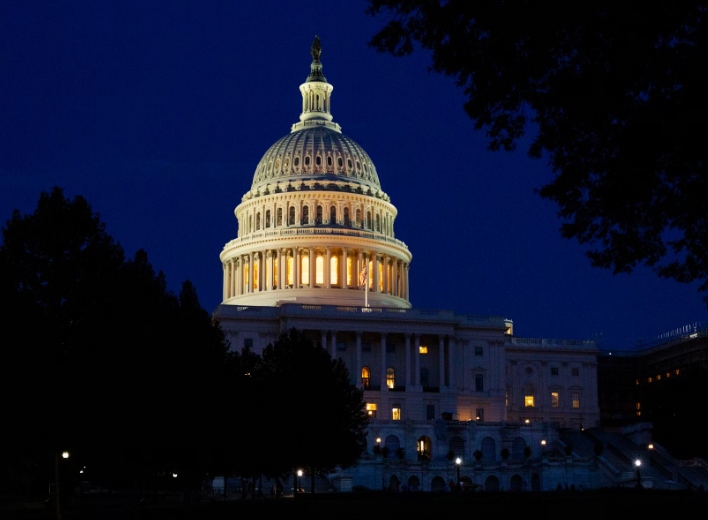Human rights are an essential pillar of every civilized society. They ensure that every individual, regardless of their race, gender, nationality, or any other characteristic, is treated with dignity, fairness, and equality. Unfortunately, discrimination continues to persist in various forms, posing a significant threat to human rights worldwide. In the fight against discrimination, one organization has emerged as a champion: Human Rights Watch.
Human Rights Watch (HRW) is an international non-governmental organization that has been at the forefront of promoting and protecting human rights for over four decades. Established in 1978, HRW operates in more than 100 countries, tirelessly advocating for the rights of individuals and holding governments and other powerful entities accountable for their actions.
Discrimination, in all its forms, undermines the principles of equality and justice. Whether it is racial discrimination, gender-based discrimination, discrimination against refugees or migrants, or discrimination based on sexual orientation or gender identity, HRW has been relentless in its efforts to combat these injustices.
HRW conducts in-depth research and investigations to expose human rights abuses and discrimination. Their team of experts meticulously documents violations, collects evidence, and publishes comprehensive reports that shed light on the realities faced by marginalized communities. By presenting facts and evidence, HRW strengthens the case against discrimination and creates awareness among policymakers, the media, and the general public.
The organization’s advocacy work is a crucial component of its fight against discrimination. HRW actively engages with governments, international bodies, and other stakeholders to push for policy changes and legal reforms. Through strategic lobbying, public campaigns, and targeted advocacy, HRW has been successful in influencing legislation and policies that protect the rights of the marginalized and combat discrimination.
One of HRW’s notable achievements in the fight against discrimination is its role in advancing LGBTQ+ rights globally. HRW has campaigned tirelessly for the decriminalization of same-sex relations, the protection of transgender individuals, and the recognition of LGBTQ+ rights as human rights. Their advocacy has played a significant role in transforming public opinion and driving legal reforms in many countries.
HRW’s commitment to combating discrimination is also evident in its efforts to address the rights of refugees and migrants. The organization has been a staunch advocate for the rights of those fleeing persecution, violence, and poverty. HRW has documented abuses faced by refugees and migrants, exposed unlawful detention practices, and called for fair and humane treatment for those seeking asylum. Their work has not only raised awareness about the plight of refugees but has also influenced policy changes to ensure their rights are protected.
In addition to its research and advocacy work, HRW utilizes the power of media and technology to amplify its message. Through documentaries, videos, social media campaigns, and online platforms, HRW reaches a global audience, mobilizing support and fostering a sense of solidarity in the fight against discrimination. By leveraging modern communication tools, HRW has been successful in raising public consciousness and mobilizing action.
However, the fight against discrimination is not without challenges. HRW faces resistance from governments, powerful interest groups, and individuals who seek to maintain the status quo. Accusations of biased reporting and political agendas are often hurled at the organization. Nevertheless, HRW remains steadfast in its commitment to impartiality and the pursuit of truth, ensuring that its work remains credible and impactful.
While HRW has made significant strides in the fight against discrimination, the battle is far from over. Discrimination persists in various forms and contexts, demanding continued vigilance and action. HRW’s comprehensive analysis of human rights abuses and discrimination serves as a stark reminder of the work that still needs to be done.
As individuals and societies, we must recognize our responsibility to stand up against discrimination and support organizations like HRW in their efforts. By promoting inclusivity, equality, and justice, we can create a world where every individual’s human rights are respected, and discrimination becomes a thing of the past.





